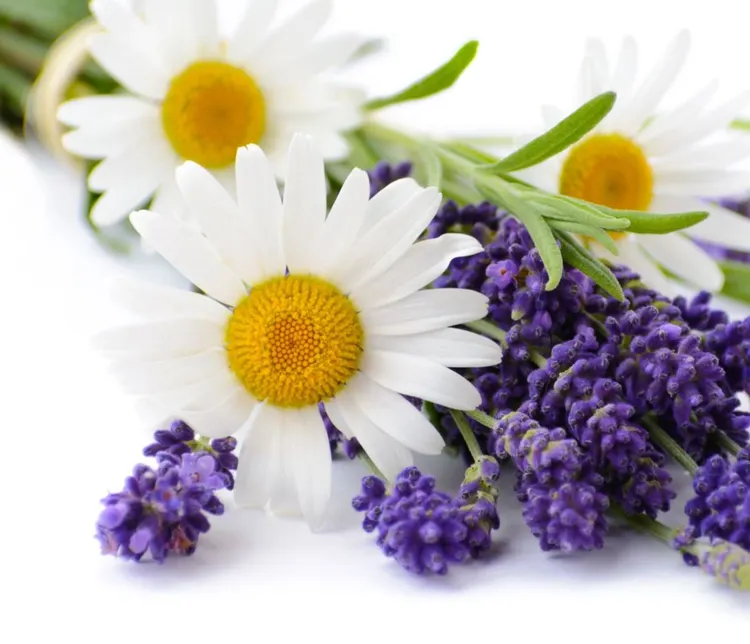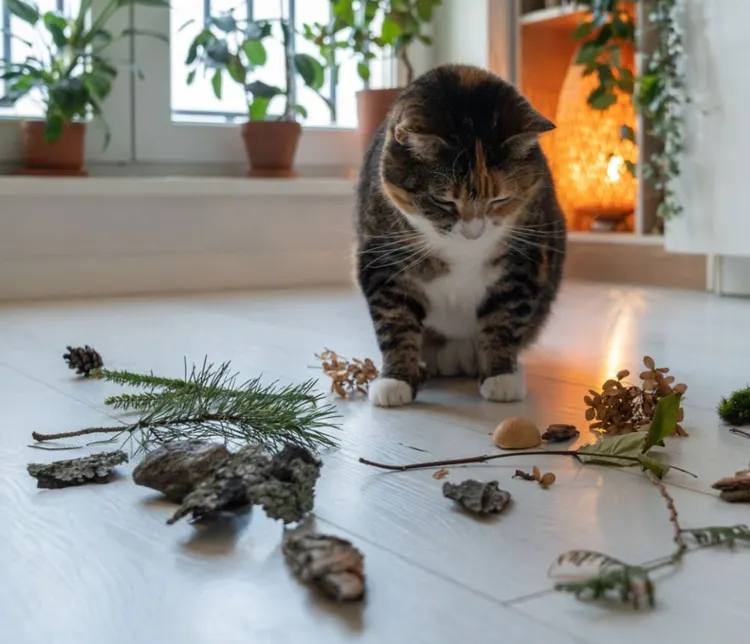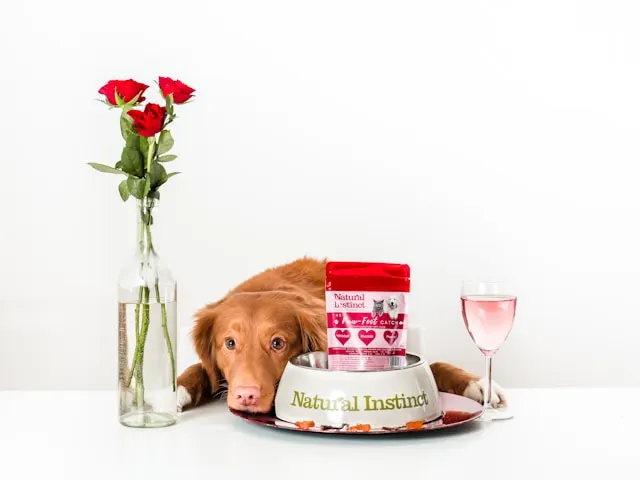Cats have an exceptional sense of smell, much keener than humans, making them sensitive to various aromas in their environment. This heightened sensitivity can be used to enhance their wellbeing, offering both stimulating and soothing scents. Here’s a guide to the scents cats enjoy, the benefits they bring, and which ones to avoid for safety.
1. Cats and Scents: A Brief Overview
Cats use their noses not only to navigate their world but also to find comfort, stimulation, or relaxation. Because cats’ olfactory systems are more sensitive than ours, they can detect scents in much smaller amounts, which helps them identify their territory, other animals, and even their favorite people. By introducing specific aromas, you can create a more comforting and enriching space for your feline friend.
2. Scents Cats Tend to Like
Certain scents are naturally attractive to cats and can have mood-boosting effects:
- Catnip: Catnip contains a compound called nepetalactone, which binds to receptors in cats’ noses, often triggering playfulness, rolling, or a calm, blissful state. Not all cats respond to catnip, but for those that do, it’s a safe and fun way to stimulate them.
- Valerian Root: Valerian root is similar to catnip, stimulating playfulness and energy in cats. This herb also has a calming effect after the initial excitement, so it’s useful for both stimulation and relaxation.
- Olive and Honeysuckle Wood: Some cats are drawn to the scent of olive wood and honeysuckle, which can produce reactions similar to those seen with catnip. These alternatives are great for cats that may not respond to catnip but still enjoy a bit of aromatic play.
3. Calming Scents for Cats
Calming scents can be useful for stressful situations, like trips to the vet or changes in the home. However, these scents should be used sparingly and safely:

- Lavender and Chamomile: Both lavender and chamomile are known for their relaxing properties. Dried lavender and chamomile sachets are safer than essential oils, as cats are highly sensitive to undiluted essential oils. Small sachets near resting areas can create a calming environment without overwhelming them.
- Cat-Safe Scent Diffusers: Pet-safe scent diffusers, like Feliway, mimic natural feline facial pheromones and are designed specifically to calm cats. They’re especially helpful during moves, new introductions, or other changes that may cause stress.
4. Scents to Avoid
While some scents attract cats, certain others can be harmful or unpleasant for them:

- Citrus: Citrus scents are often used as natural cat repellents because most cats dislike them. Additionally, essential oils from citrus fruits (lemon, lime, orange) can be toxic to cats if inhaled or ingested in large quantities.
- Eucalyptus and Tea Tree Oil: Both eucalyptus and tea tree oils are highly toxic to cats, even in small amounts. They can cause irritation or even serious health issues if ingested or absorbed through the skin.
- Peppermint and Cinnamon: While pleasant to humans, peppermint and cinnamon can be irritating or harmful to cats, so it’s best to avoid using these in areas your cat frequents.
5. Ways to Introduce Pleasant Scents
To safely share pleasant aromas with your cat, consider these methods:
- Dried Herb Sachets: Small sachets of dried herbs, like catnip or valerian, can be placed around the home or near your cat’s favorite areas. These sachets give off gentle aromas without overwhelming your cat.
- Natural Plants: Cat-friendly plants like lemongrass and cat grass offer cats a pleasant aroma, and they can safely nibble on them for enrichment. Just be sure to keep these plants well-maintained and accessible.
- Occasional Exposure: Allowing your cat to sniff small amounts of safe plants, like honeysuckle wood or valerian root, during supervised play sessions can add enrichment without overstimulation.

Conclusion
Understanding your cat’s scent preferences can deepen your bond and improve their wellbeing. Remember to keep the scents light and natural, avoid harmful essential oils, and consult your vet if you’re ever unsure about a new aroma. A few carefully chosen scents can provide comfort, joy, and a sense of calm, making your home feel even more welcoming for your feline friend.



